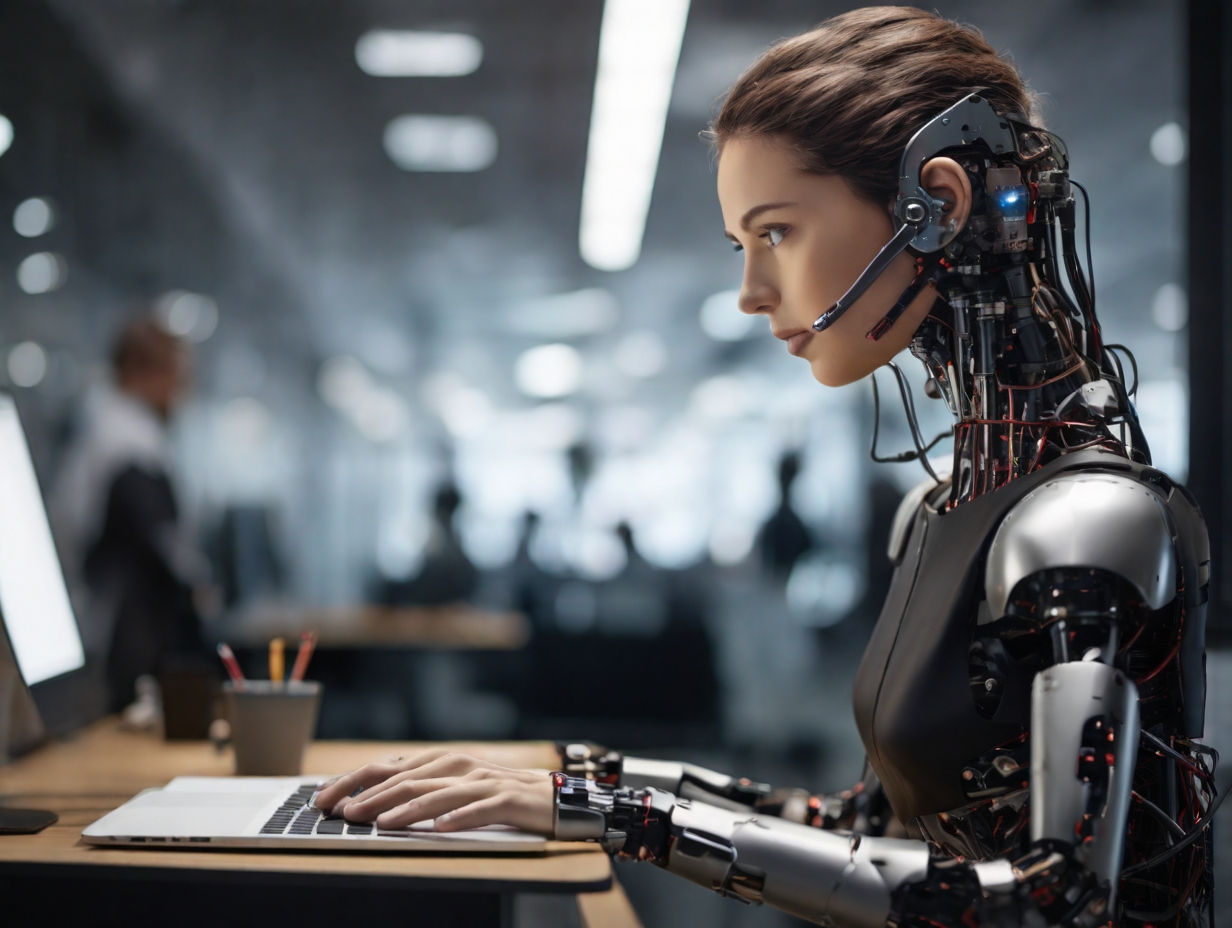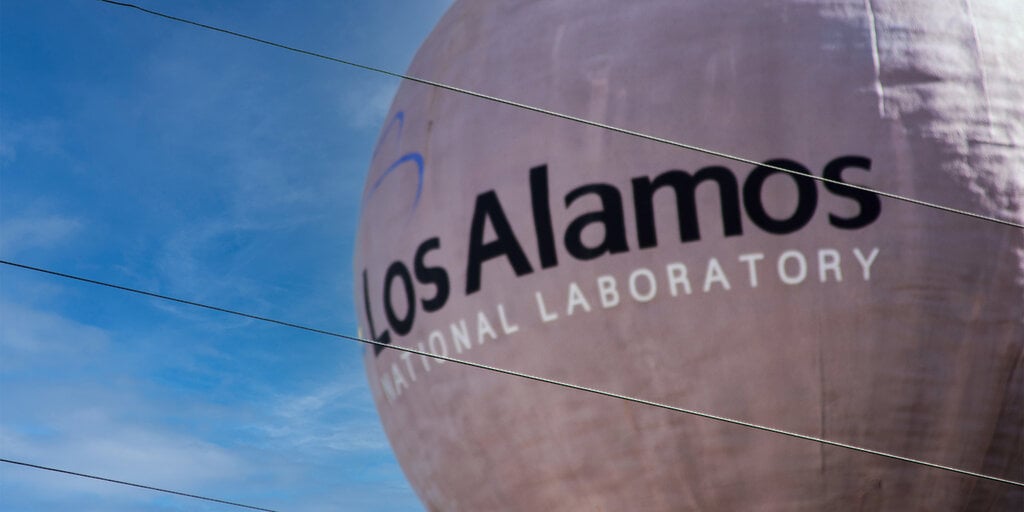As society increasingly integrates artificial intelligence (AI) into daily life, concerns about its potential ramifications, particularly in the workplace, are mounting. The late Professor Stephen Hawking, the renowned physicist, had forewarned about the perils of unchecked AI development, highlighting the possibility of AI surpassing human intelligence and potentially leading to dire consequences.
The workplace landscape amidst AI advancements
With AI becoming more pervasive, workplaces are witnessing significant transformations. Tasks that were once labor-intensive and time-consuming can now be swiftly delegated and completed through automation systems. However, amidst this convenience, apprehensions regarding AI’s long-term implications loom.
Professor Hawking’s cautionary statements about AI’s unchecked evolution resonate strongly in today’s context. He expressed concerns about AI outpacing human intellect and its potential to lead to the obsolescence of human labor. Hawking’s apprehensions were shared by other notable figures, including Elon Musk, who advocated for stringent regulations on AI development.
The specter of AI supremacy
Hawking’s predictions regarding AI’s self-replication and exponential advancement raise pertinent questions about its ultimate impact. The prospect of AI-driven machines surpassing human cognitive abilities evokes apprehension about the future dynamics of society and labor markets. As AI evolves at an unprecedented rate, the notion of humans being eclipsed by their creations becomes increasingly plausible.
While AI offers unprecedented efficiency and productivity gains, its unchecked proliferation poses existential threats that cannot be ignored. The emergence of advanced AI models, such as OpenAI and Sora, underscores the need for proactive measures to mitigate potential risks. Calls for temporary halts in AI research, as voiced by proponents of the Sora initiative, underscore the gravity of the situation.
As society hurtles towards an AI-driven future, the warnings of visionaries like Professor Stephen Hawking serve as poignant reminders of the need for prudent governance and foresight. While AI holds immense potential to revolutionize workplaces and enhance human capabilities, vigilance is essential to ensure that its trajectory remains aligned with the collective welfare of humanity.
By remaining mindful of the challenges posed by AI and fostering a collaborative approach towards its development and regulation, society can navigate the transformative tide of technological innovation while safeguarding against its potential pitfalls. As the discourse on AI continues to evolve, proactive engagement and ethical stewardship will be indispensable in shaping a future where human ingenuity remains paramount.





